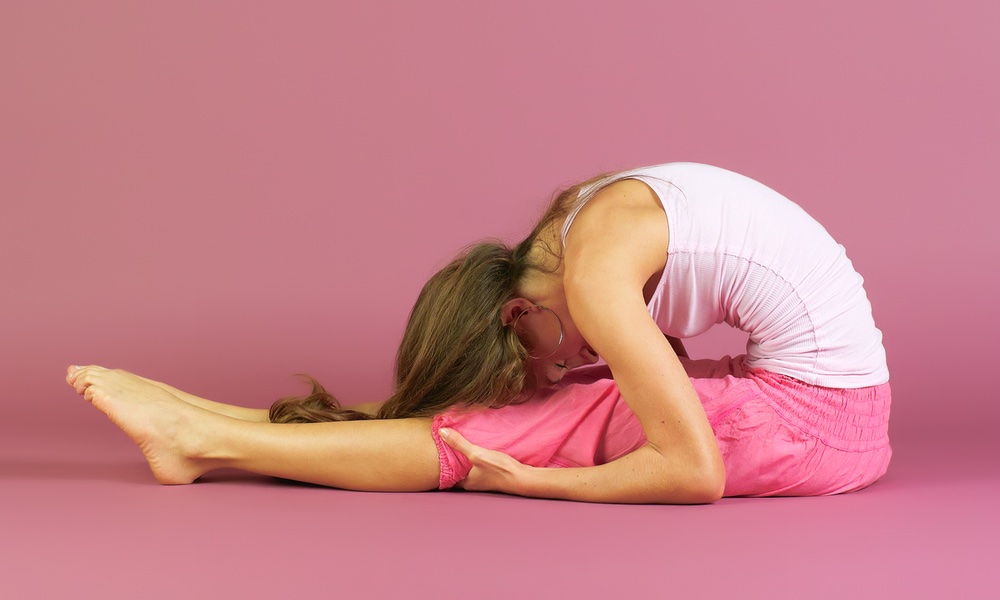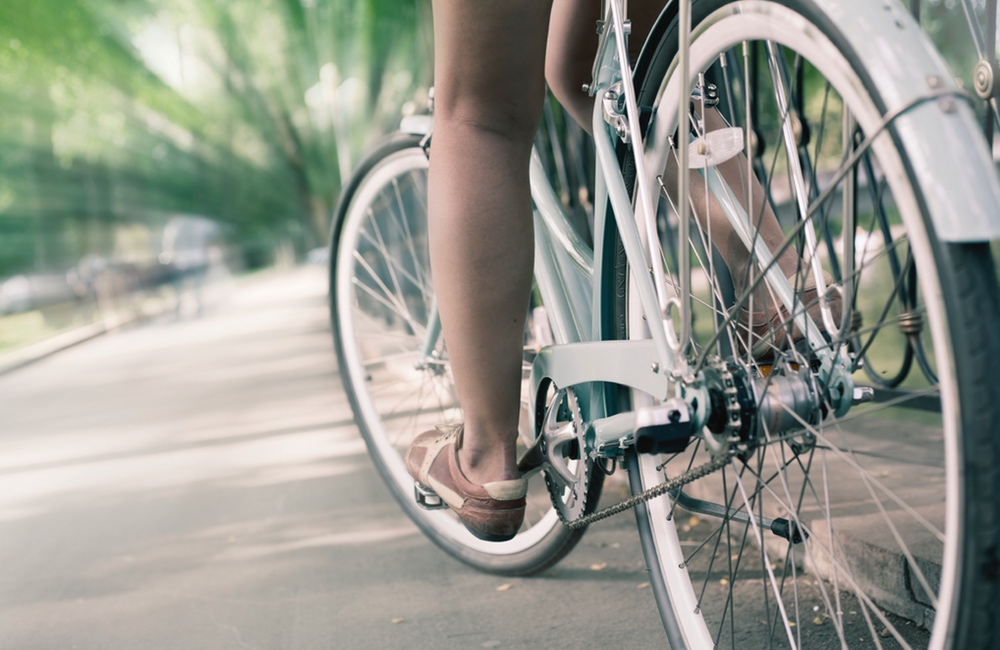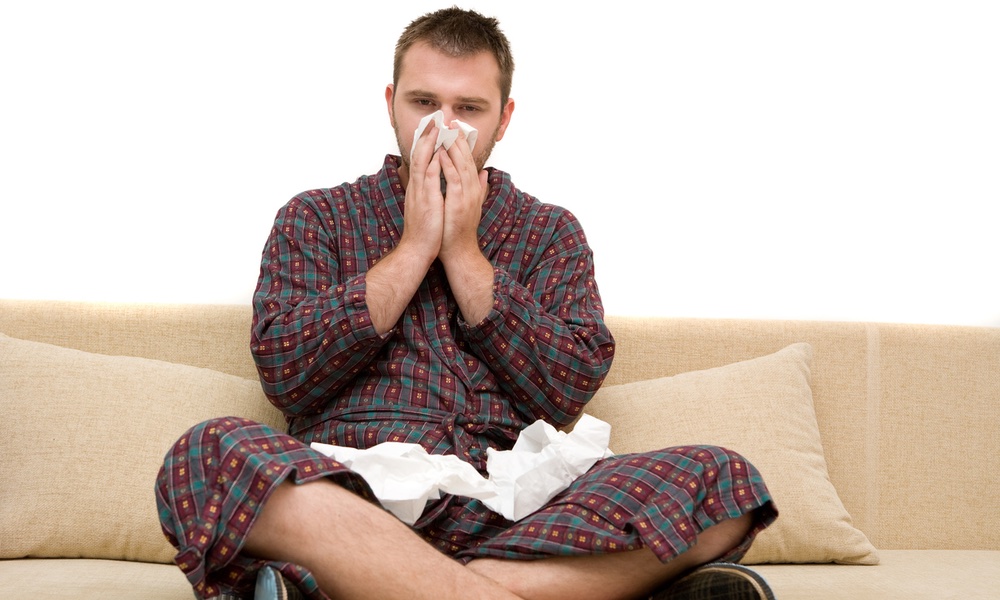Depression negatively affects how we feel, how we think and how we act. In addition to feeling sad or low, depression can cause a loss of interest in activities once enjoyed, and lead to a variety of emotional and physical problems that affect the ability to function at work and at home.
The good news is that depression is treatable. Therapy and medications are often effective in helping to reduce its symptoms. Now there's a new approach on the horizon. A recent study led by researchers at Massachusetts General Hospital (MGH) points to hot yoga as a way to ease depression's symptoms.
This form of yoga, originated by Bikram Choudhury, an American-Indian yoga teacher, is practiced in extremely hot and humid environments.
Mass General's hot yoga trial took place over a period of 8 weeks. During this time 80 participants who suffered with depression were randomly divided into two groups: one that received 90-minute sessions of yoga practiced in a 105F degree room and a second group that was placed on a waitlist. (These participants served as a control group and completed their yoga intervention after the waiting period was over.) There were a total of 33 participants in the yoga group, and 32 on the waitlist group included in the study's final analysis.Nearly 60 percent of the hot yoga participants' symptoms decreased by half, as compared with only 6.3 percent of waitlist participants.
Participants in the intervention group were prescribed at least two yoga classes per week. Overall, they attended an average of 10.3 classes over the 8-week period. At the end of the 8 weeks, hot yoga participants showed a significantly greater reduction in their depressive symptoms, measured by an index known as the Inventory of Depressive Symptomatology (IDS-CR), compared to the control group on the waitlist.
The study's investigators also found that:
- Nearly 60 percent of the hot yoga participants' symptoms decreased by half, as compared with only 6.3 percent of waitlist participants.
- Forty-four percent in the yoga group achieved such low IDS-CR scores that their depression was considered in remission.
- Depressive symptoms were reduced even in those participants who received only half of the prescribed yoga “dose” which suggests that heated yoga sessions just once a week could be beneficial.
The participants rated their heated yoga sessions positively — and they experienced no serious adverse effects associated with the classes — making hot yoga sessions as a way to ease depression's symptoms seem promising.
“Yoga and heat-based interventions could potentially change the course for treatment with patients with depression by providing a non-medication-based approach with additional physical benefits as a bonus,” the lead author, Maren Nyer, director of Yoga Studies at the Depression Clinical and Research Program at Massachusetts General Hospital and an assistant professor of psychiatry at Harvard Medical School, said in a press release.
In the meantime, there's still more to learn about the benefits of sweating it out. “Future research is needed to compare heated to regular, non-heated yoga for depression to explore whether heat has benefits over and above that of yoga for the treatment of depression, especially given the promising evidence for whole body hyperthermia as a treatment for major depressive disorder,” David Mischoulon, the senior author and director, Depression Clinical and Research Program at MGH, explained.
If you're thinking about trying hot yoga classes, be sure to first speak with your healthcare professional. People with certain health conditions such as asthma, high blood pressure or those who are pregnant should be especially cautious.
The study is published in Nature Mental Health.





